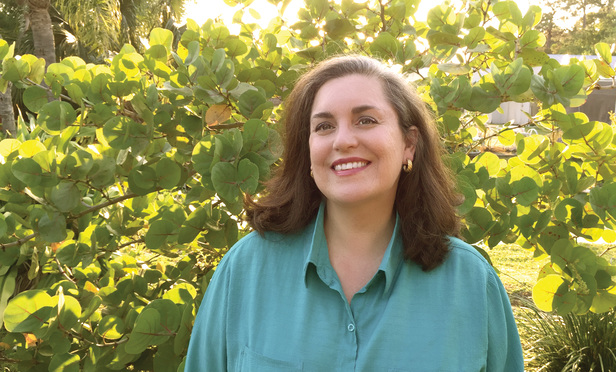Six years ago, Bonnie Beuth helped launch a nonprofit that trains lawyers in the technology they need to meet their ethical obligations to clients. Legal Technology Core Competencies Certification Coalition, LTC4 for short, teaches to workflows and scenarios, not specific programs or software. The project complements her day job as an information systems trainer at Ford Harrison, an Atlanta-based employment firm. Some of the firms now using LTC4 materials include Orrick, Herrington & Sutcliffe, Pillsbury Winthrop Shaw Pittman, Munger, Tolles & Olson, Sheppard, Mullin, Richter & Hampton, DLA Piper, Dentons and Sidley Austin. This month, LTC4 announced a partnership with the Corporate Legal Operations Consortium, or CLOC, an influential group of in-house legal operations executives.
How is the training structured? It used to be that you would pull your attorneys into an hour of Word training, an hour of DMS [data management system] training and an hour of Outlook training, and then you would expect them to go back to their desk and attach a Word document to an email from the DMS. Well, you can’t get attorneys in that kind of training. They’re not going to sit for three hours. But what they need to know how to do is to attach a document from the DMS to an email. What we realized is that training had to change from features-based into something that was scenario based and workflow-based. “What are you going to do when you go back to your desk?” That’s precisely the thing you need to learn in training and, guess what, that only takes 10 minutes, it doesn’t take an hour. That’s how we define the core competencies. We figured out what are the core workflows that every legal professional is going to do. It’s geared back to getting attorneys in training. You’re not going to get them in an hour class, but if you tell them “I am going to teach you how to do the core job function that you do every day, and I’m going to do it in a scenario-based format,” not only can you modularize that and break it up more, you take up less of their time for more knowledge transfer. The scenario-based effort is a big part of who we are.



